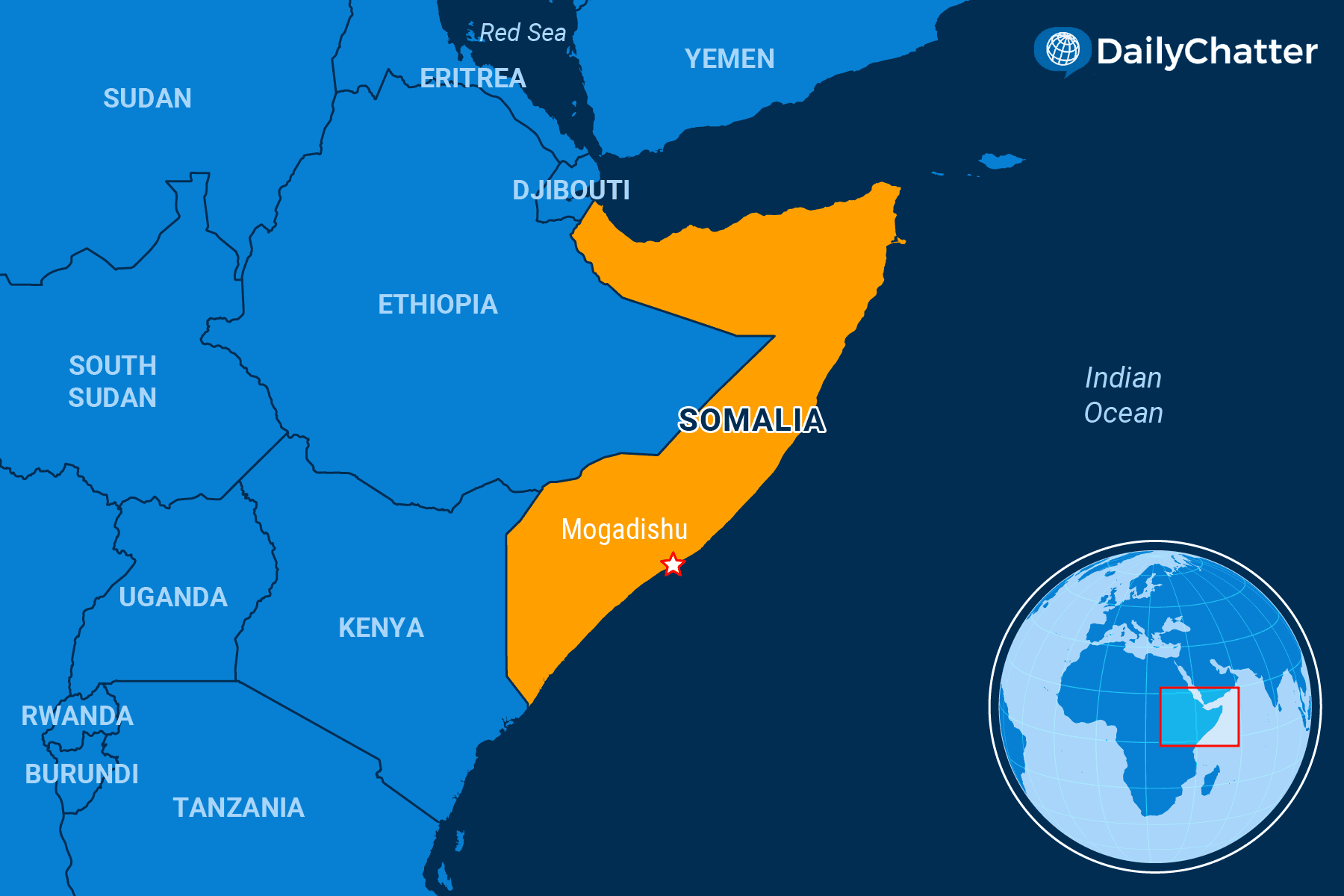NEED TO KNOW
A Long, Crooked Road
SOMALIA

Al-Shabab terrorists recently killed five people, including two children, in an attack in the Darussalam neighborhood in the Somali capital of Mogadishu, a newly developed district that has received much investment in recent years. The violence came on the heels of an al-Shabab suicide bomber blowing up a minibus in the city, taking at least six lives.
The attacks were clearly aimed at weakening the central government during a long-delayed political transition. Parliamentary elections in Somalia that were supposed to end late last year are now slated to conclude on Feb. 25. Lawmakers will then elect a new president.
But the al Qaeda-linked militants aren’t the only forces that have been destabilizing the war-torn country in the Horn of Africa.
“The country’s top leaders have been in a constant political dispute, which diverted the attention from the country’s security,” Hussein Moallim, director of the Mogadishu-based Hiraal Institute, a research firm, told Voice of America. “It has been predictable that the militants remobilize and carry out such brazen attacks on police stations in Mogadishu and of course, it is their show of force.”
Late last year, President Mohamed Abdullahi Mohamed, a former New York State bureaucrat whose term technically ended a year ago but who has remained in office until new lawmakers can elect a new president, attempted to suspend the powers of Prime Minister Mohamed Hussein Roble, the Washington Post explained. The president’s move represented a dangerous authoritarian turn in the country, Foreign Affairs noted.
Roble defied the suspension but the tensions between the two men led to gun battles in Mogadishu. They then agreed to put aside their differences so the country could proceed with voting, Al Jazeera wrote.
Meanwhile, the International Monetary Fund was warning both leaders that their delays would jeopardize aid that pays soldiers and keeps the government running, Reuters reported. The same aid package is supposed to forgive much of Somalia’s debts, paving the way for the country to invest in infrastructure, education and economic development, rather than debt service, when a new government forms.
United Nations officials have also been warning Somali leaders to stop bickering among themselves and instead focus on fighting Islamic militants and addressing the drought that could lead to 1.4 million children suffering acute malnutrition.
Somalia is one of the world’s poorest countries – almost 70 percent of the population lives on less than $1.90 a day, according to Africanews. It’s still struggling to recover from decades of civil war, and more recently locusts, droughts and the pandemic.
The good news is that, amid the violence and political contretemps, Somalia is developing a system of checks and balances between the executive and legislative branches, argued the African Center for Strategic Studies, an institution within the US’s National Defense University. They have worked to create a strong tax system. The IMF forecasts growth of more than three percent for 2022, while areas of the capital are thriving.
The journey to democracy usually takes a crooked road. And sometimes, eventually, it plows straight ahead.
To read the full edition and support independent journalism, join our community of informed readers and subscribe today!
